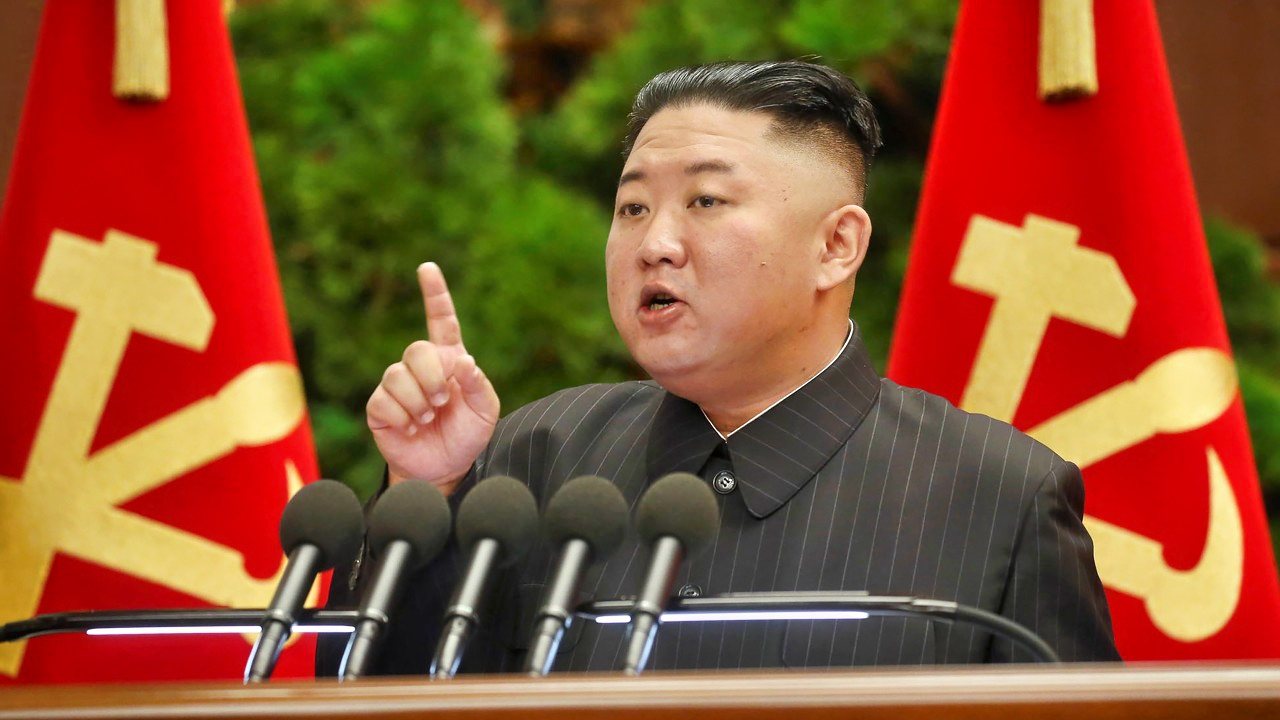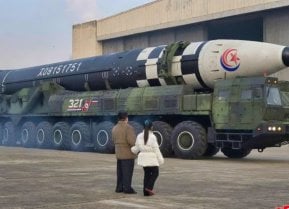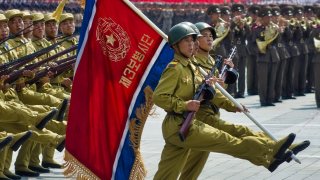Does North Korea Want a War? Study the Ukraine Conflict for Clues
My biggest fear, and the main reason I am uncomfortable joining the chorus announcing that war is unlikely, is that Kim may have drawn a more disturbing lesson from Ukraine. His pronouncements last year about preemptive nuclear strikes appear to echo Putin’s nuclear saber-rattling against Ukraine, which many believe has kept NATO at bay.
Is Kim Jong Un preparing for war? This provocative question, asked by Bob Carlin and Sig Hecker in a 38 North commentary earlier this year, has prompted a host of thoughtful comments, most downplaying the likelihood of conflict on the Korean Peninsula.
I am hesitant to join that chorus, not because I believe an invasion of the South is imminent—I do not—but because Pyongyang has been more provocative in the past year than it has been in decades. Kim is saying and doing things that defy easy explanation.
Of course, the simple answer is “yes.” North Korea is preparing for war; so are South Korea and the United States. It’s what countries that are technically still at war with each other do. But the classic indicators of invasion preparation have yet to be seen.
Kim seems more intent on selling ammunition and rockets to Russia than in stockpiling them for an onslaught against the South. But this does not mean some other type of kinetic action is not being planned. His rebranding of South Korea as the “primary foe and invariable principal enemy” and his apparent rejection of reunification as a national goal must mean something; we just don’t know what.
On the surface—and when all else fails, it is sometimes wise to just take Kim’s words at face value—Kim’s comments seem to signal an end to any hope of at least near-term North-South dialogue. He likewise seems dismissive of any talks with Washington as well, which many attribute to his being humiliated by then-President Trump at their Hanoi Summit. Perhaps, but I would offer an alternative (or at least additional) explanation.
While begging the reader’s indulgence for over-simplification, we should note that North Korea existed for years by cleverly playing Moscow and Beijing against one another. Then the Soviet Union collapsed. Rather than becoming totally dependent on Beijing—has anyone ever met a North Korean who had anything good to say about China despite Beijing keeping them on life support for years?—Pyongyang expanded its chessboard by bringing Washington and Seoul to the table, playing both against Beijing while playing South Korea’s progressive and conservative parties against each other.
Pyongyang still kept Russia engaged—it was North Korea, not China and certainly none of the others, who insisted that Russia be part of the Six-Party Talks—even if Putin did little to hide his disdain for North Korea’s leadership.
North Korea and the Ukraine Conflict
Enter Ukraine! Now Putin no longer makes Kim wait for meetings; he meets him curbside, hat in hand. Simply put, Kim no longer needs handouts from the South (which the Yoon government was unlikely to provide without huge strings attached) and sees little hope of largesse from Washington (regardless of who wins in November).
He clearly sees the writing on the wall. The only possible outcome of peaceful unification is the absorption of the North by the South. It’s wiser to brand the South as the enemy than talk of unification.

An easier goal would be to drive wedges between South Korea and both China and Russia, an effort that seems to be underway. Meanwhile, the tensions between Washington and both Beijing and Moscow suit Kim just fine.
My biggest fear, and the main reason I am uncomfortable joining the chorus announcing that war is unlikely, is that Kim may have drawn a more disturbing lesson from Ukraine. His pronouncements last year about preemptive nuclear strikes appear to echo Putin’s nuclear saber-rattling against Ukraine, which many believe has kept NATO at bay.
Has Kim concluded that he can snatch a South Korean island or conduct some other form of kinetic action short of a major invasion under the (I believe mistaken) impression that his “powerful nuclear deterrent” would prevent the South or the United States from responding? Possibly (hopefully) not, but it’s a possibility that we dismiss at our peril.
About the Author
Ralph Cossa is President Emeritus and WSD-Handa Chair at the Pacific Forum in Honolulu.
Image: Shutterstock.


